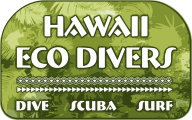A BEGINNER’S GUIDE TO SCUBA DIVING IN HAWAII: TIPS FOR FIRST-TIME DIVERS

Hawaii, with its stunning coral reefs, crystal-clear waters, and abundant marine life, is a dream destination for scuba divers. If you’re a first-time scuba diver planning to explore the underwater wonders of Hawaii, you’re in for an unforgettable experience. To ensure your safety and maximize your enjoyment, it’s essential to be well-prepared. In this article, we’ll provide you with valuable tips for first-time scuba divers in Hawaii.
1. Get Certified

(Credits: Scuba Diving Certification | PADI Open Water Diver)
Before embarking on your scuba diving adventure in Hawaii, you must complete a certification course. At Hawaii Eco Divers, we also offer introductory dives for uncertified divers who want to give scuba diving a try before committing to a whole course. For more information about the Discover Scuba Diving Introductory Dives or the Open Water Certification, you can check PADI’s Course Catalog to have a better understanding of what these programs include. These courses will teach you essential diving skills and safety procedures, ensuring you’re well-prepared for your underwater journey.
2. Dive with a Guide
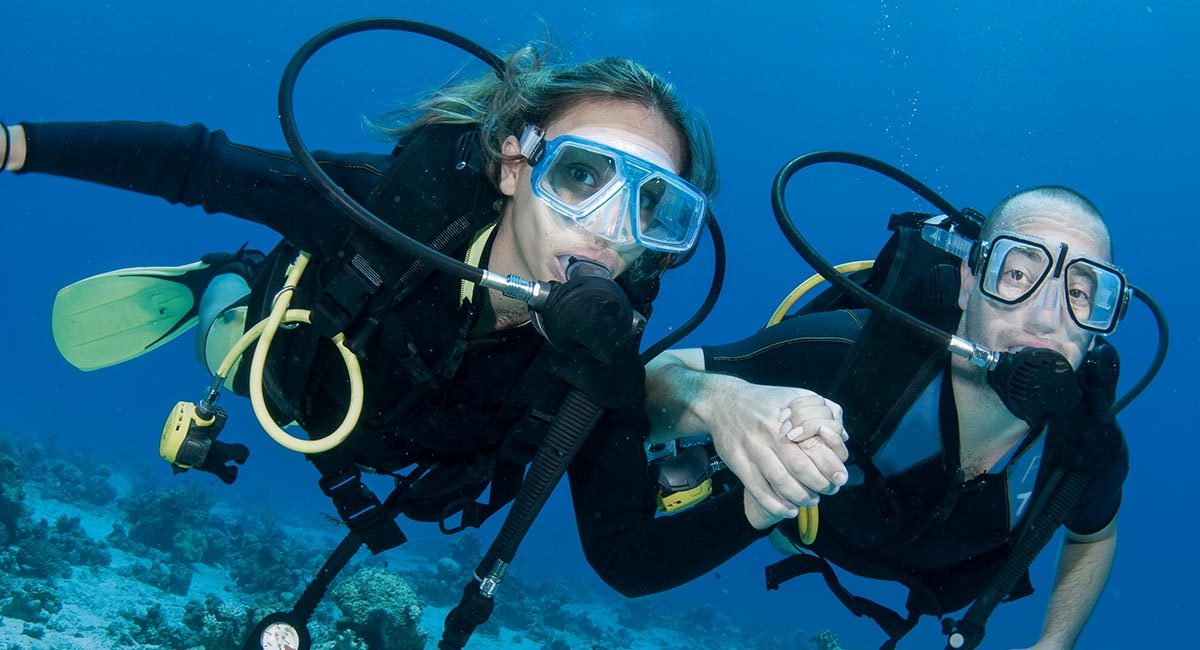
(Credits: 7 Mistakes Divers Make & How to Avoid Them – Divers Alert Network)
As a first-time diver, it’s highly advisable to dive with a knowledgeable and experienced dive guide, especially in unfamiliar waters like those around Hawaii. Guides can enhance your experience by pointing out marine life you might otherwise miss and ensuring your safety throughout the dive. Here at Hawaii Eco Divers, our guides and instructors all conform to PADI and DAN diving safety standards.
3. Understand Local Conditions
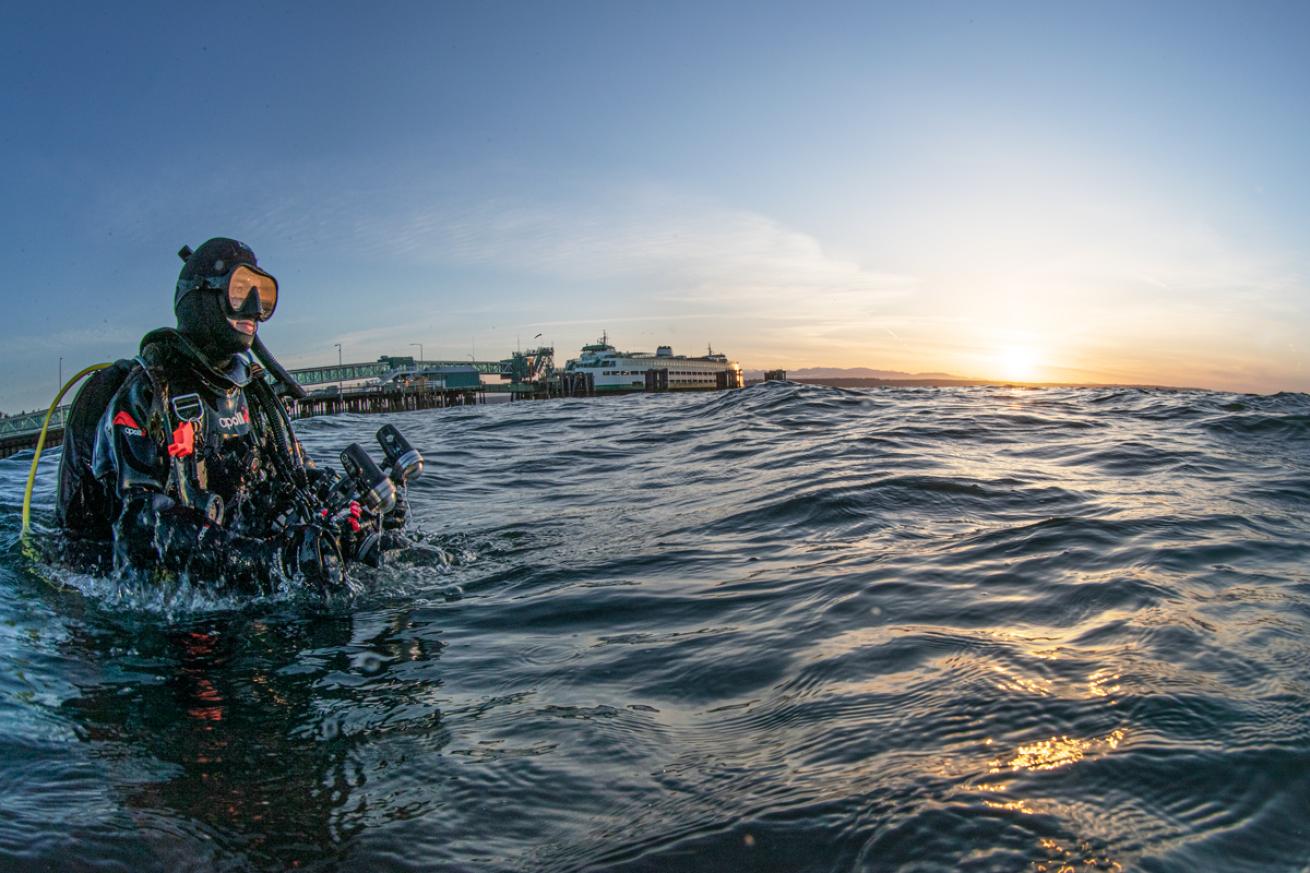
(Credits: How to Check Water Conditions When Planning a Dive | Scuba Diving)
Hawaii offers a variety of diving experiences, from calm and shallow reefs to more advanced drift dives and deep wrecks. Ensure you choose dive sites that match your skill level and comfort. Be aware of potential hazards such as strong currents, surge, and waves, which can vary from site to site. You can check weather and tide reports on Surfline in order to be prepared for any changes in conditions.
4. Practice Proper Gear Maintenance
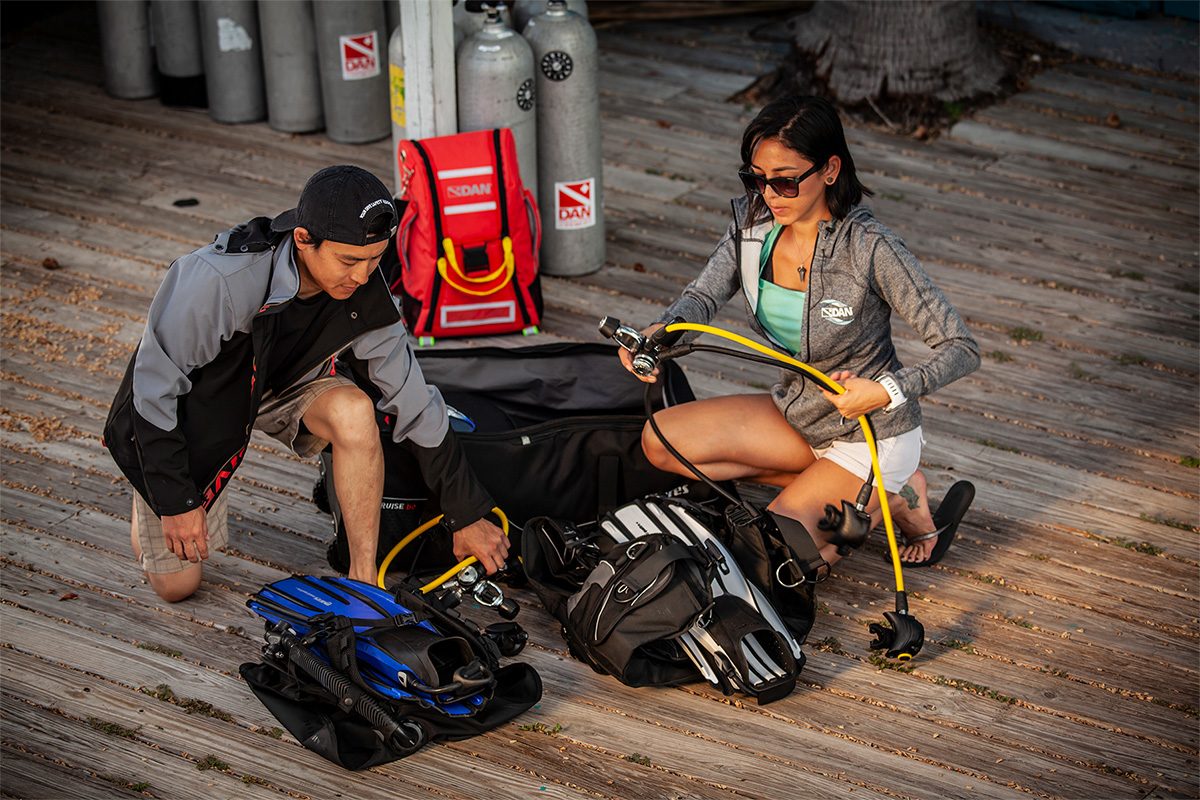
(Credits: Gear Maintenance: Protect Your Investment and Prevent Dive Accidents – Divers Alert Network)
Your safety depends on the proper maintenance of your scuba equipment. Before your dive, double-check your gear for any damage or malfunctions. It’s a good practice to rinse your gear with fresh water after each dive, especially in saltwater environments. Familiarise yourself with the equipment’s usage, including how to use the BCD (buoyancy control device), regulator, and mask.
5. Equalise Pressure
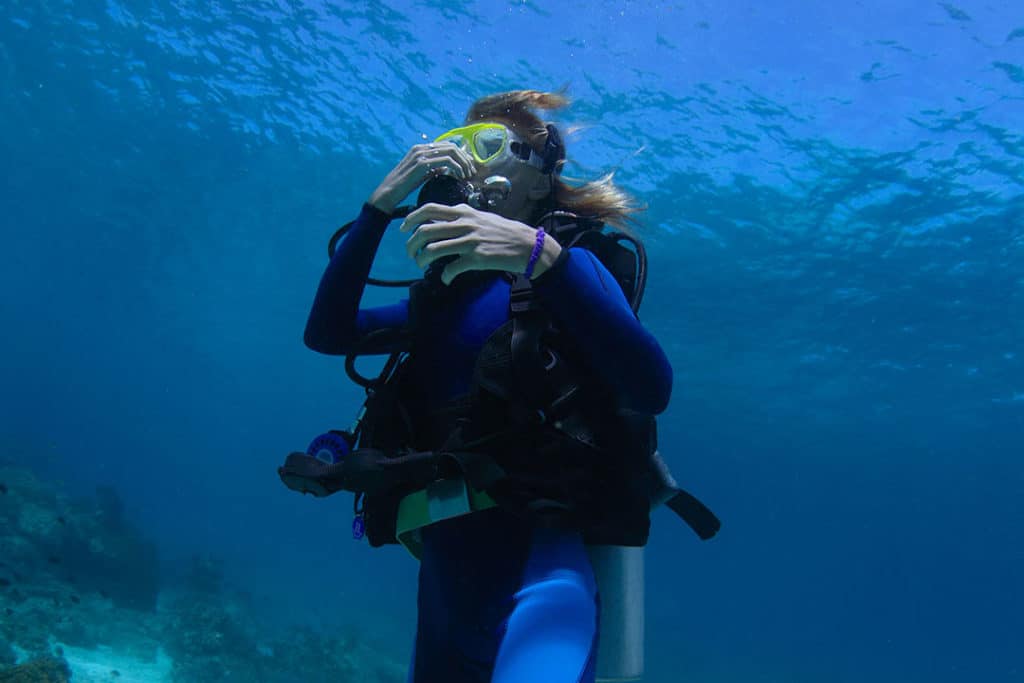
(Credits: How Often Should You Equalize When Scuba Diving? – DivingCorner)
When descending underwater, it’s crucial to equalize the pressure in your ears and sinuses to prevent discomfort and potential injury. Learn how to perform the Valsalva maneuver or the Frenzel maneuver, and practice it before your dive. If you have any sinus or ear issues, consult a doctor before diving. You can consult this article from Scuba Diving Magazine for more details on how to equalise pressure.
6. Respect Marine Life and Ecosystem
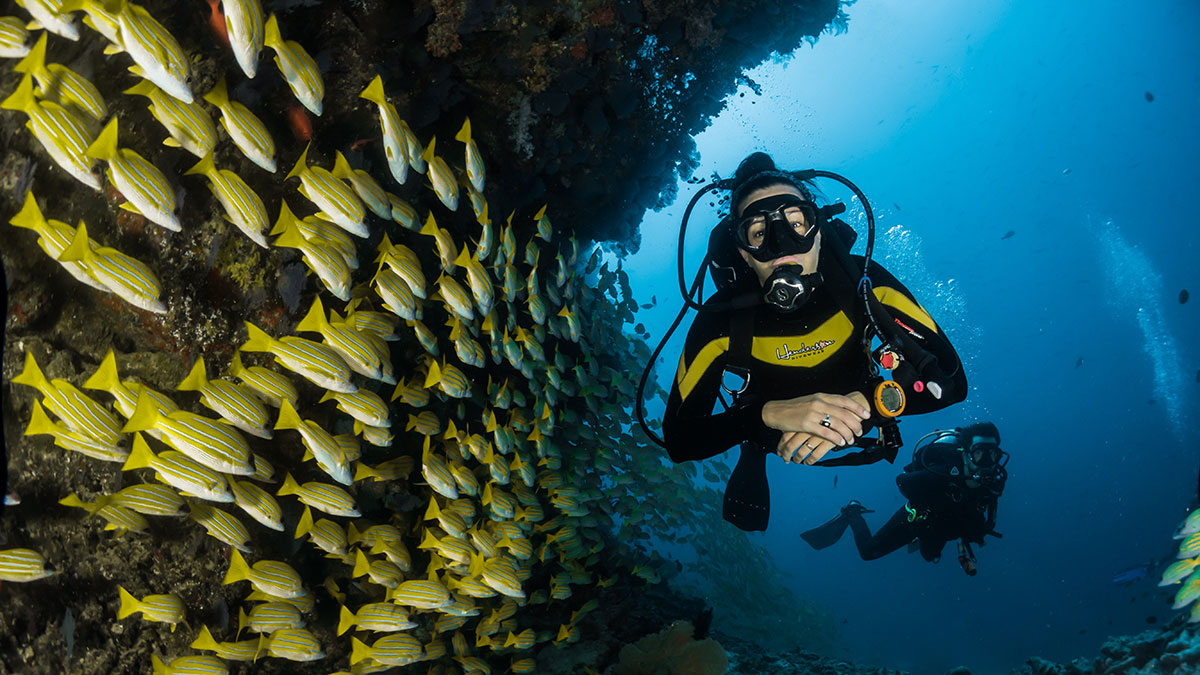
(Credits: 10 Ways to Protect Marine Wildlife When Diving – Sustainable Travel International)
Hawaii’s marine life is a delicate and precious ecosystem that deserves our protection and respect. Avoid touching or disturbing the marine creatures and coral reefs, and refrain from collecting souvenirs from the sea. Be aware of your buoyancy to prevent accidental contact with the reef, which can cause damage. Here are 13 tips on how to respect marine life and ecosystem while diving from OceanWide Explorers.
7. Safety First
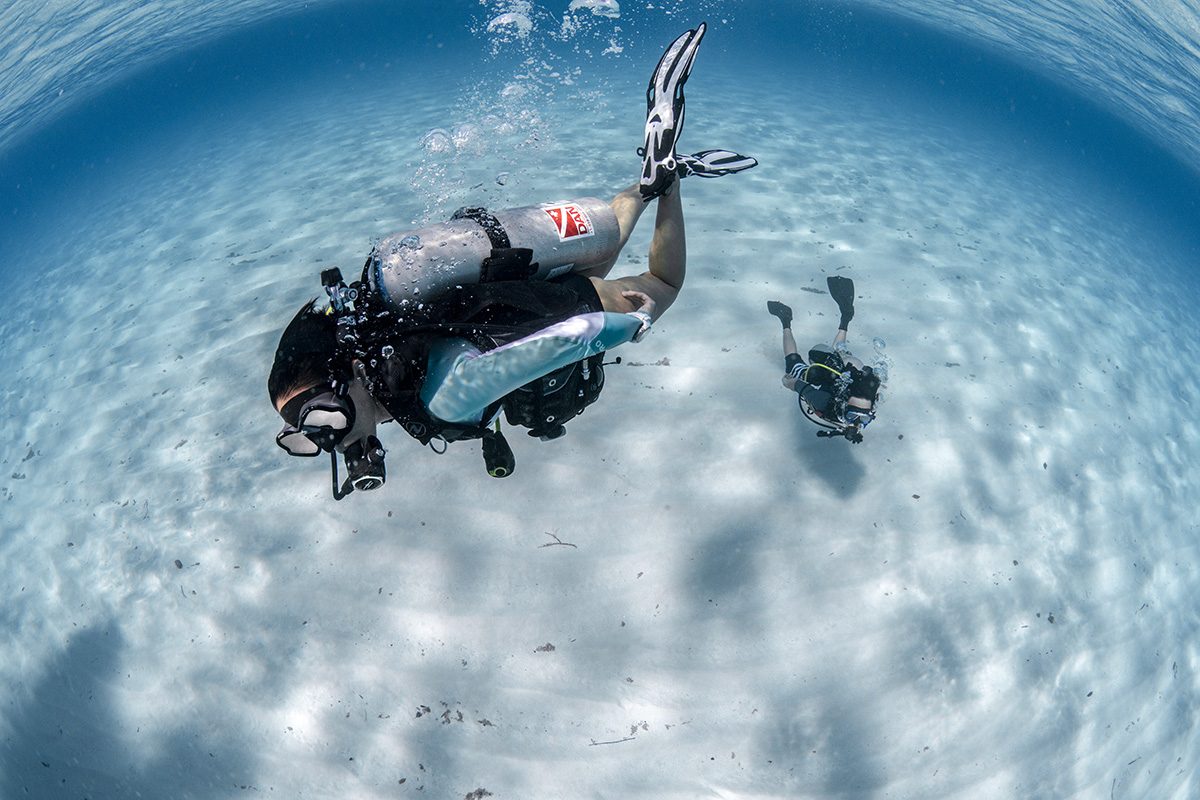
(Credits: DAN Resources for Students and Divers – Divers Alert Network)
Remember that safety should always be your top priority when scuba diving. Follow the “buddy system” by diving with a partner who can assist you in case of emergencies. Familiarise yourself with emergency procedures, such as ascending safely in the event of air supply issues or following a lost buddy protocol. Here are 10 rules for safe diving from Scuba Diver Life that you should apply in order to ensure your safety and that of others while diving.
Scuba diving in Hawaii is a thrilling and unforgettable experience, but it’s essential to approach it with caution and respect for the underwater world. By getting certified, choosing a reputable dive shop, and following these tips, you can make the most of your first-time scuba diving adventure in Hawaii while ensuring your safety and preserving the beauty of the ocean for future generations to enjoy. Dive in, explore, and create lasting memories in one of the world’s most stunning underwater paradises.
Author: Alexandre PREUX
